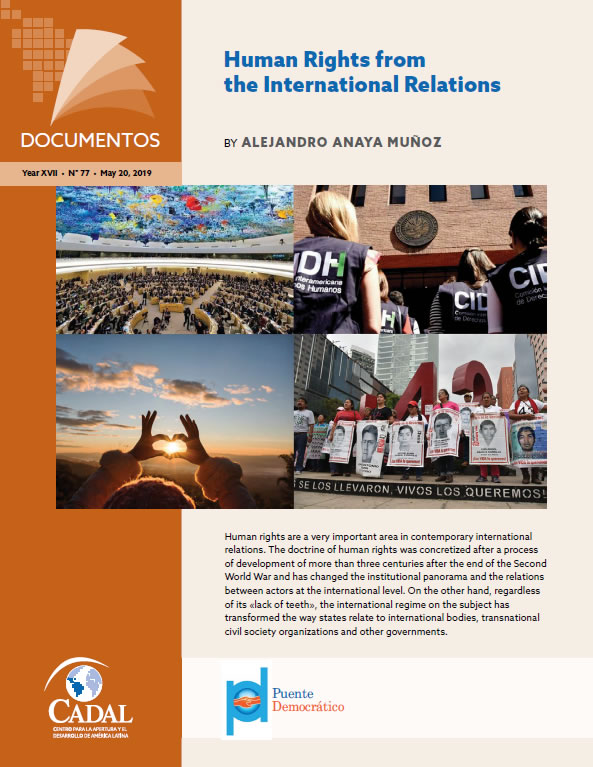
Meanwhile, Colombia is also convulsed
In the last turn of events, President Duque agreed to convene the leaders who ignited the protests. The next few days will be key to see if the situation is radicalized or if a consensual exit from the agitation is achieved.







